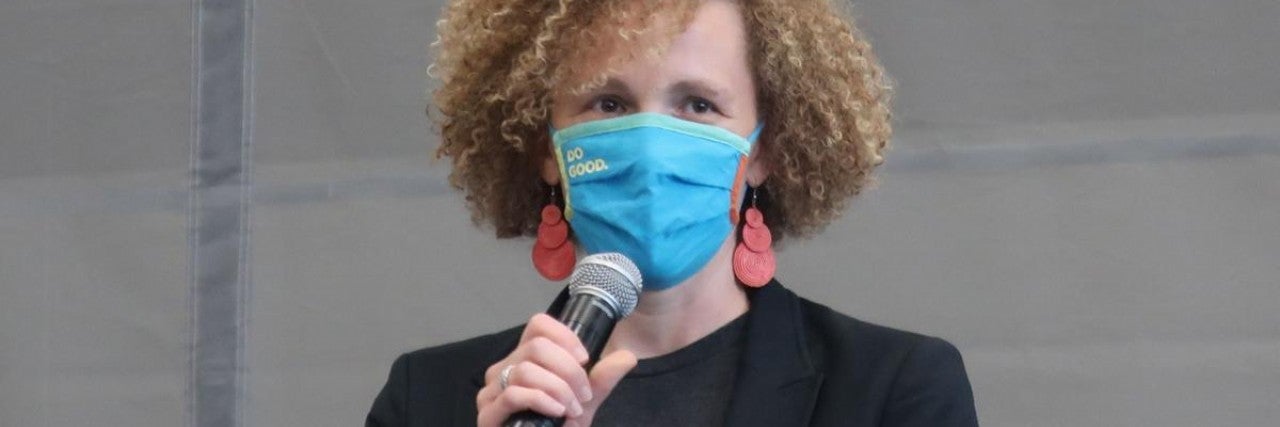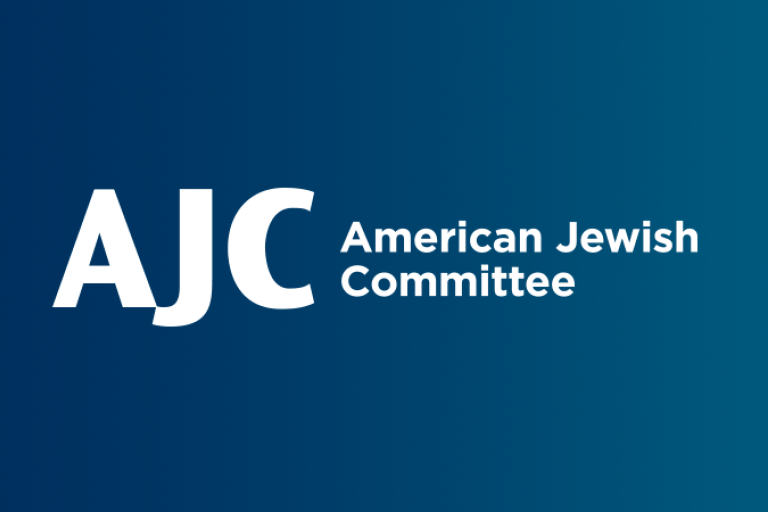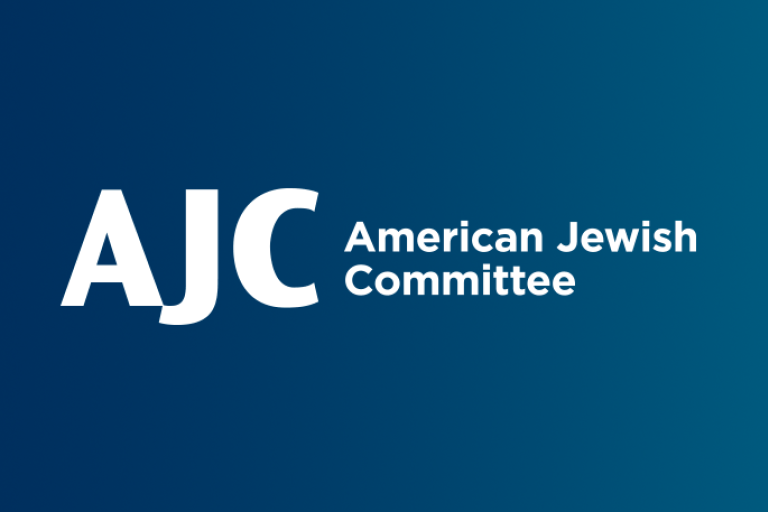October 12, 2020 — Winchester, Virginia
This piece originally appeared in The Winchester Star.
By Evan Goodenow
WINCHESTER — For James Ramenofsky, hate crimes are personal.
Ramenofsky, American Jewish Committee vice president and a speaker at the Countering Hate Crimes and Hate Speech forum on Sunday at Shenandoah University, recalled his friend Lori Gilbert Kaye. She was murdered at the Chabad of Poway, a synagogue in Poway, California, that Ramenofsky attended before moving to Fairfax County. Police said suspect John T. Earnest confessed to the shooting and said he was defending the nation against Jews, “who are trying to destroy all white people.” Ramenofsky said the 60-year-old Kaye was a victim of the rise of anti-Semitism in America in the last few years.
“She was a woman who was universally loved by her entire community, Jewish and non-Jewish alike,” he said. “She was a victim of this horrible hate crime, perpetrated by a 19-year-old who apparently became radicalized by spending time on racist social media sites on the internet. A month before he attacked the synagogue, he tried to burn down a mosque.”
While rare locally, violent hate crime are on the rise nationally. The FBI said they reached an 18-year high in 2018, the latest year statistics were available. The Department of Homeland Security in a report released last week said white supremacists are “the most persistent and lethal threat” of domestic terrorism in the nation.
Panelist David J. Scott, an FBI supervisory special agent and section chief of the public corruption and civil rights unit, said the FBI has investigated 300 hate crimes this year with about 100 formal investigations opened. About 46% are based on race, 27% based on religion, 23% involve gender, sexual orientation or a disability and the remainder involving housing discrimination.
FBI Special Agent Ronald Reed, who works for Scott, acknowledged hate crimes are traditionally under-reported because victims often come from marginalized groups. He recalled the adage about the squeaky wheel getting the grease in urging people to come forward.
“If the crimes are under-reported, the resources allocated will be less than they should be and that will affect our ability to combat the crimes,” he said. “We definitely have to work as a team with the community.”
Ramenofsky urged passage of the No Hate Act, a bill that would fund hotlines in states to report hate crimes and have alternative sentencing for people convicted of hate crimes. The bill has passed in the Democratically-controlled House of Representatives, but is stalled in the Republican Senate.
Another bill that passed in the House, but is stalled in the Senate, is the No Ban bill which would rescind President Trump’s ban on refugees coming from eight countries, six of which are predominantly Muslim. Cassandra Lawrence, communication and project associate with Shoulder to Shoulder, an organization of religious groups of various faiths promoting solidarity, said the No Ban bill is a response to a well-funded campaign of Islamaphobia.
She cited Fear Inc., a study in 2011 by the Center for American Progress, a liberal think tank. The study said seven charitable foundations spent some $46 million on anti-Muslim rhetoric.
“This is part of a long history of racism and religious bigotry in this country,” she said. “There is a multi-million industry behind the effort to keep us afraid of each other, to keep us divided from each other.”
Despite America’s long history of racism and religious bigotry, Lawrence noted there is also a long history of fighting it, and the fight will continue.
“We don’t know what’s going to happen with the election, but we know we’re going to keep speaking up for each other,” she said. “Liberation will always be something we’ll work for.”
— Contact Evan Goodenow at egoodenow@winchesterstar.com


